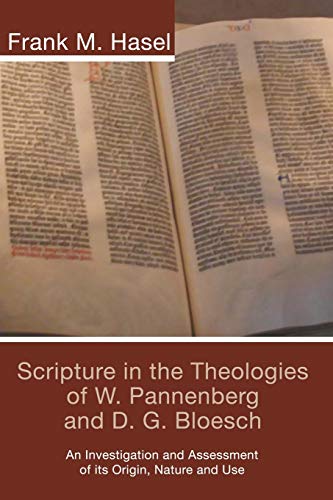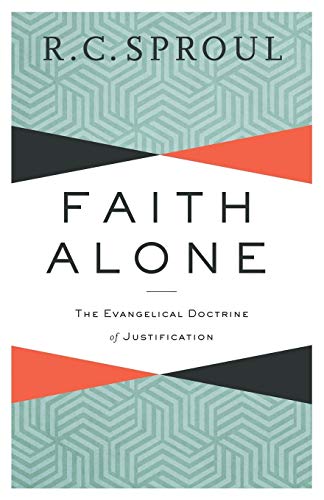Calvinus: Authentic Calvinism, a Clarification
Written by Alan C. Clifford Reviewed By Stephen N. WilliamsThese two contributions are listed together because they are both brief and recently published treatments of controversies within the Reformed camp for the effective appropriation of the Reformed heritage. They testify not only to the perduring vigour with which the issues are prosecuted, but also to the strong feelings that the relevant debates arouse.
Alan Clifford ambitiously seeks to settle ‘once and for all’ two issues, affirming that (a) ‘conventional Calvinism continues to misread Calvin’ and (b) Calvin and his true disciples express ‘for the most part the authentic teaching of Holy Scripture on this fundamental subject’ (p. 10). The subject in question is the extent of the atonement, on which, the author argues, ‘Calvin taught a doctrine of the atonement significantly different from that of later Calvinists. Indeed, he would hardly recognise the theory of limited atonement as his offspring’ (p. 11). After an introductory essay and a note on sources, Clifford sets about his task by extracting texts from Calvin’s writings. Four appendices follow, two of which interact in some detail with contributions by others, namely Roger Nicole and Jonathan Rainbow. Dr Clifford’s scholarship is undoubtedly detailed, but his hope of settling the controversies in this volume presumably depends on the assumption that readers will have perused his more detailed study on Atonement and Justification which was published by the Clarendon Press at Oxford in 1990. Note: 1996 is the 400th anniversary of the birth of Moise Amyraut, whose authentic Calvinist credentials Clifford is anxious to reassert in this piece.
Herman Hoeksema’s book tells us a sad tale. The editorials now gathered into a book were published separately half a century ago, but the controversy still lives. In 1944, the Orthodox Presbyterian Church in the United States became the scene of bitter conflict surrounding the ordination of Gordon Clark. Clark is established as a significant Christian thinker and philosopher in our century, but his brand of Reformed theology has been controversial in Reformed circles, a controversy that still leaves a bitter taste in the mouths of contemporary successors to the original theological and ecclesiastical disputes. The towering figure of Cornelius Van Til was at the centre of the opposition to Clark, hence the title of this book. In his foreword, John Robbins notes the four principal doctrinal points at issue: ‘(1) the meaning of the “incomprehensibility” of God, (2) the relationship between divine sovereignty and human responsibility, (3) the doctrine of reprobation versus the “sincere offer” of salvation to the reprobate, and (4) the relationship of the intellect to the will and emotions’. We then proceed to read Hoeksema’s account of the controversy, with a view to defending Gordon Clark against the putative misrepresentations of Van Til, both in terms of what Clark held and the validity of his doctrine. It is, as I say, sad when animosity is allowed its sway (whoever was or is guilty or most guilty of it in this particular case); what other lessons one should learn about theological controversy from this study, I leave the reader to decide.
Stephen N. Williams
Stephen Williams is professor of systematic theology at Union Theological College in Belfast, Northern Ireland, and served as general editor of Themelios from 1995 to 1999.







